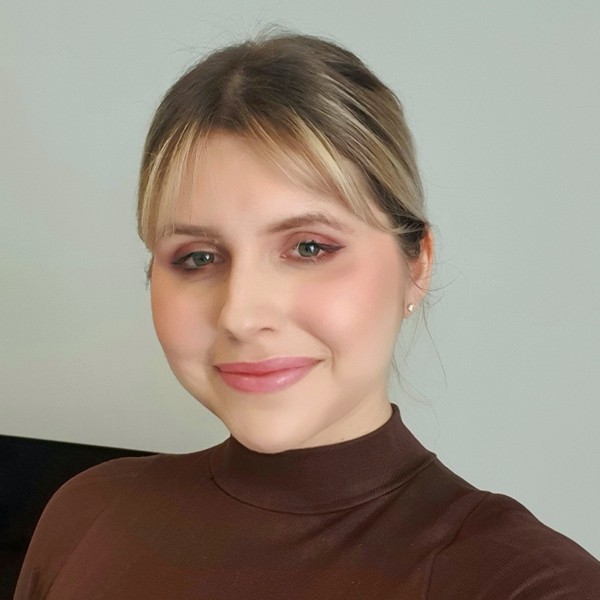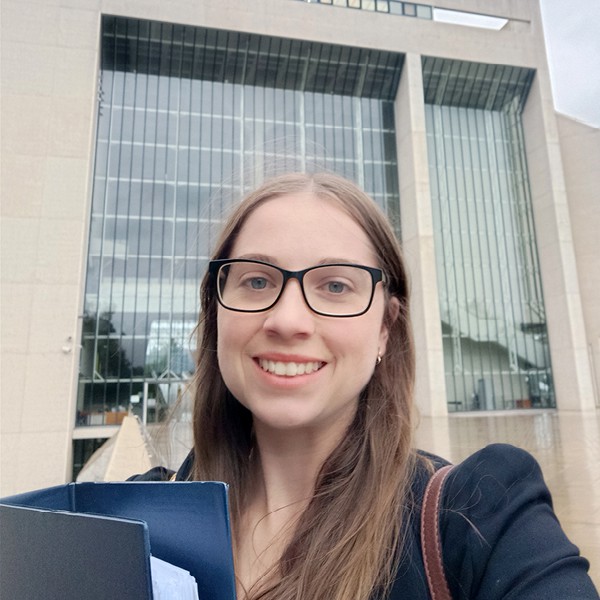On 15 April 1991, the Royal Commission into Aboriginal Deaths in Custody (RCIADC) released its final report which produced 339 recommendations.1
32 years on, this national shame continues to overshadow the nation with another 540 First Nations deaths in custody since then. The Australian Institute of Criminology has released its quarterly report of Aboriginal deaths in custody, with another melancholy reminder that the current systems are broken and urgently need reform.
While there are protocols and recommendations for preventing more deaths, these guidelines are only as good as the paper they are printed on unless they are implemented.
Aboriginal and Torres Strait Islander peoples make up only 3% of the total population, yet they continue to be disproportionately represented within Australia’s prison population at more than 32%.2
In most cases, First Nations deaths in custody are due to inadequate medical care and self-harm.3 Further, Medicare is not available to prisoners, rendering them ineligible for the Indigenous health assessment which is intended to detect chronic issues before they progress.4
A comprehensive study conducted by Professor Tamara Walsh and a team of law students from the University of Queensland analysed 736 coroners’ inquests between 1991 and 2020. They found that 16 of the 34 women who died in custody were Aboriginal or Torres Strait Islander, and many of them died preventable deaths.5
There have been calls to establish an independent First Nations body to investigate deaths in custody and provide transparency and accountability throughout the process. In 2022, New South Wales appointed an Aboriginal liaison officer in the NSW Coroner’s Court.
National Justice Project
The National Justice Project (NJP) is a not-for-profit human rights legal service. It represents First Nations clients in coronial inquests following deaths in custody, and drives policy reform to establish accountability and justice.6
In 2022, NJP submitted a position statement on First Nations over-incarceration and deaths in custody with priorities and recommendations.
“Comprehensive structural reform is urgently needed to address the inequalities and traumas perpetuated in the criminal justice system. Critically, the system needs to be redesigned to prioritise rehabilitation, care and humanity, and First Nations people must also be involved in the design of the systems that directly affect them.”
National Justice Project
I recently spoke to Karina Hawtrey, a solicitor working at the NJP, about the role of a coronial inquest and the systematic changes that need to occur to prevent deaths in custody. Karina is a proud Kamilaroi (Gamilaraay) woman who represents First Nations clients to establish justice and accountability.
Heather: Could you tell us a bit about yourself?
Karina: I am a Kamilaroi (Gamilaraay) woman with ties to the Central West NSW town of Coonabarabran. I grew up in the western suburbs of Sydney and developed a strong interest in social justice at high school. I was particularly influenced by learning about the US civil rights movement and reading To Kill a Mockingbird (classic law student…) at school, as well as reading and learning more about the injustices and systemic discrimination faced by First Nations people in Australia and understanding my own family history.
I graduated with a Bachelor of Law with honours and a Bachelor of Media from Macquarie University in 2017. I completed my thesis on examining how the Australian legal system has engaged with First Nations expressions of sovereignty, and was challenged in my thinking about what the legal and political path forward would be, in what seemed to be a period of political stalemate on the topic before the Uluru Statement from the Heart was published.
Karina Hawtrey
I really enjoyed being actively involved on campus including mentoring Aboriginal high school students and participating in the ‘National Indigenous Tertiary Education Student Games’. As part of my media degree I completed an internship at NITV and loved being able to write about news and current affairs that were affecting our communities, and profile Indigenous achievement.
My first legal job was as a graduate at the Federal Government’s Administrative Appeals Tribunal where I worked primarily in migration and refugee law. I have been working as a solicitor at the NJP for the past two years and have worked with mainly First Nations clients, representing them in coronial inquests after deaths in police custody, prisons and state care. We also work with refugees, people with disabilities and First Nations people in police and discrimination complaints and in civil law cases.
Heather: Could you share more about the role of a coronial inquest, and what it’s like representing a family?
Karina: A coronial inquest examines a death that occurs in sudden, unexpected or unexplained circumstances – often these deaths occur in the context of state institutions like prisons and hospitals. The Coroner’s role is to investigate the deaths, determine how they were caused and make recommendations.
The RCIADC recommended that coronial inquests be expanded to look at the underlying systemic factors and structures that contribute to deaths, in order to make recommendations to prevent them happening again rather than taking a traditional narrow view of the cause of death.
One of the most challenging aspects of representing families is advocating for their interests and what they view as ‘justice’ within the inquest, but also having to manage their expectations of what might be an achievable outcome in a limited jurisdiction in a ‘white man’s’ justice system, and how long that might take to achieve.
I think that for many of my First Nations clients, they see the law as swift to act against our mob, but when police, a prison, a hospital or other institution is involved in a First Nations death, the inquest process can take years and the Coroner’s recommendations for change are sometimes never adopted.
Heather: What should governments be doing to reduce or prevent First Nations deaths in custody?
Karina: One of the first steps should be implementing the 339 recommendations out of the RCIADC. Despite the recommendations being over 30 years old, many of them still haven’t been implemented consistently across the country, and we are seeing First Nations people continue to die in custody – over 500 since the 1991 Royal Commission.
Another step is empowering coroners in accordance with the RCIADC to make recommendations for systemic change in these cases, and then ensuring they are actually implemented. The Coroner spends time examining the specific circumstances in each case and identifying the systemic failures that led to a person’s death before making their recommendations for change.
One of the frustrating outcomes for families at an inquest can be having to relive, in close detail, the failures that led to the death of their loved one and then feeling like there is no accountability, justice or change as a result, as change has either not been recommended by Coroners or adopted by the institutions.
Most importantly First Nations communities need to be listened to and be involved in the process of reforming these systems. Sadly, many First Nations people know someone who has died in custody and yet, despite grassroots advocacy efforts and commemorative rallies, the system doesn’t appear to be hearing their cries for change, or taking substantive steps to reform the justice system and institutions that have historically failed First Nations people.
Heather: What systematic changes do you believe need to occur?
Karina: There needs to be reform of the structures used to investigate First Nations deaths. In many cases, including where police are involved in deaths in custody, police are the ones conducting the initial investigation into the death. This apparent conflict of interest can understandably cause concerns from families that deaths are not being investigated thoroughly due to a historic lack of trust in police.
There is also a lack of trust in the justice system, including the Coroner’s Court, and its ability to provide justice and culturally appropriate support and care to grieving families who have lost loved ones due to systemic failures.
The NJP has advocated for a new and independent body to conduct culturally appropriate investigations into First Nations deaths, with real powers to make broad recommendations to change systems or refer cases for criminal or disciplinary action. Until this happens, we want Coroners to be empowered to take on systemic failings and racism within intuitions themselves, to undertake mandatory cultural awareness training by First Nations providers, and for First Nations Coroners and support staff to be appointed.
Heather: In the past QLS has raised the need for a First Nations Ombudsman in Queensland – what’s your opinion on this?
Karina: In my previous roles I have seen that First Nations people are less likely to make complaints to institutions about what has happened to them, or seek to appeal administrative decisions that are made about them. An important step to change this is to establish some trust that the system will serve the needs of First Nations people if they bring their concerns to it.
Appointing a First Nations Ombudsman would be an important step towards that goal by making a public commitment to listen to the First Nations community. However, this would need to be backed up by ongoing action to support and empower complainants, and take their concerns seriously.
Heather: This year the Australian population is going to a referendum to enshrine an Indigenous Voice to Parliament in the Constitution. If the referendum succeeds, what impact will this have on the work you do at the NJP?
Karina: A Constitutionally-enshrined First Nations Voice would be able to advocate for justice reform at the Federal level, and provide guidance when drafting legislation and consulting with the First Nations community on key issues. Many of the issues that the NJP work on such as access to quality healthcare both in and out of custody, the disproportionate incarceration of First Nations people, and removal of First Nations children into state care – as well as access to justice – are areas that the Voice would be able to speak powerfully to as a representative First Nations body.
In one of cases the NJP was involved in, the Federal Government sought to remove legal protections for First Nations people who were not Australian citizens, which raised questions about the legal definition of an ‘Aboriginal Australian’. This is the kind of ongoing question that so clearly affects First Nations Australians and decisions made about them by the Australian Government, and the Voice would be ideally placed to speak to these issues.
Most importantly First Nations communities need to be listened to…
Karina Hawtrey
To read more about NJP, please see the National Justice Project submission inquiry.
Footnotes
1 http://www.austlii.edu.au/au/other/IndigLRes/rciadic/national/vol5/5.html.
2 https://www.abs.gov.au/statistics/people/crime-and-justice/corrective-services-australia/latest-release#:~:text=Data%2520downloads-,Key%2520statistics,1%252C599)%2520from%2520September%2520quarter%25202021.
3 The Guardian database, Deaths inside.
4 https://www.smh.com.au/national/the-change-to-medicare-that-could-reduce-deaths-in-custody-20230306-p5cprw.html.
5 https://www.uq.edu.au/news/article/2022/12/study-reveals-truth-behind-indigenous-female-deaths-custody.
6 https://justice.org.au/nsw-coronial-reform-grossly-inadequate/.















Share this article